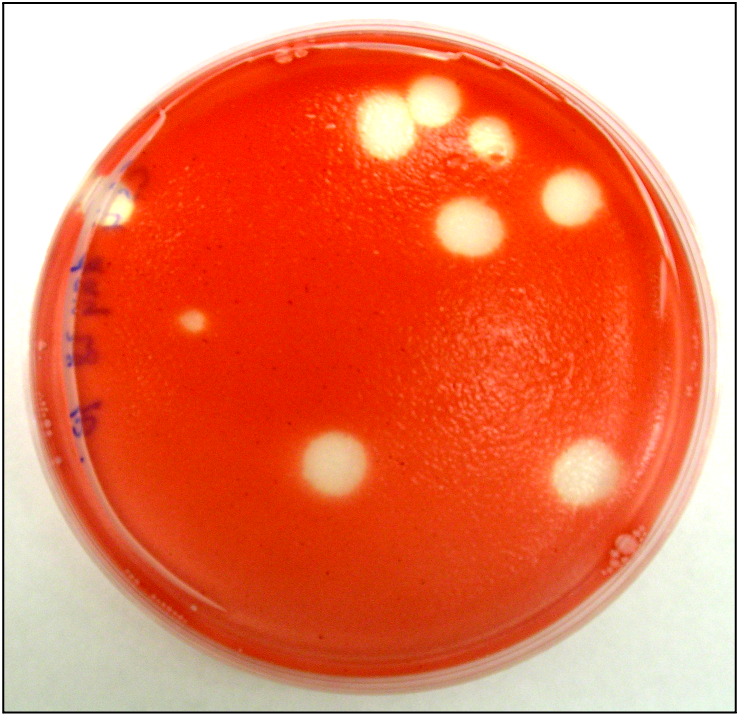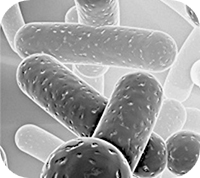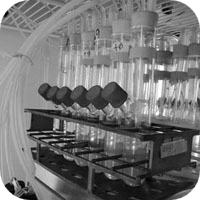Research
From test tubes to the globe, we study the ecology and evolution of microbial communities. We are interested in the factors that generate and maintain microbial biodiversity. In turn, we seek to understand the implications of microbial diversity for ecosystem functioning. To address these questions, our team uses a combination of molecular biology, modeling, data mining and synthesis, laboratory experiments, and field surveys in a wide range of habitats.
Dormancy and seed banks
In nature, environmental conditions are often suboptimal for growth and reproduction. Thus, organisms must be able to survive long periods of stress and resource limitation, rendering longevity a key life-history trait for many organisms, including microorganisms. One strategy highlighted in our lab’s research is dormancy, a reversible state of reduced metabolic activity. Dormancy leads to the accumulation of genetic, phenotypic, and taxonomic diversity stored in seed banks. We study the evolution and ecology of microbial dormancy, longevity, and the related phenomenon of aging. We use laboratory evolution experiments, simulation modeling, and molecular tools to better understand how these life-history traits structure microbial communities in natural, engineered, and host-associated ecosystems.
Eco-evolutionary dynamics
Owing to their large population sizes and short generation times, microorganisms have the capacity to evolve on contemporary time scales. This high rate of population turnover can be exploited to examine evolutionary dynamics that would take thousands to millions of years to occur in plant and animal systems, allowing us to answer fundamental questions about the nature of evolution. In our lab, we examine how microorganisms evolve and adapt in an ecologically relevant context by replicating the environmental conditions microorganisms frequently encounter in nature. Through a combination modeling, experimental evolution, genomics, high-throughput trait and fitness measurements, we quantify the rate and direction of evolution and coevolution across a range of environments.
Microbial traits
Traits refer to the physiological, morphological, and behavioral characteristics that influence the fitness or performance of individuals under a given set of environmental conditions. In microbial systems, the interplay of individual traits leads to the emergence of population-, community, and ecosystem-level phenomena. Our lab has explores important microbial traits including resource use, enzyme capacity, biofilm production, phage resistance, and stress tolerance. Although traits have historically been difficult to study for microbes, our lab investigates microbial traits using phylogenetic comparative methods, field sampling, wet lab experiments, and computational methods to understand how contemporary and deeply conserved traits evolve, shift along environmental gradients, structure communities, and influence ecosystem processes.




